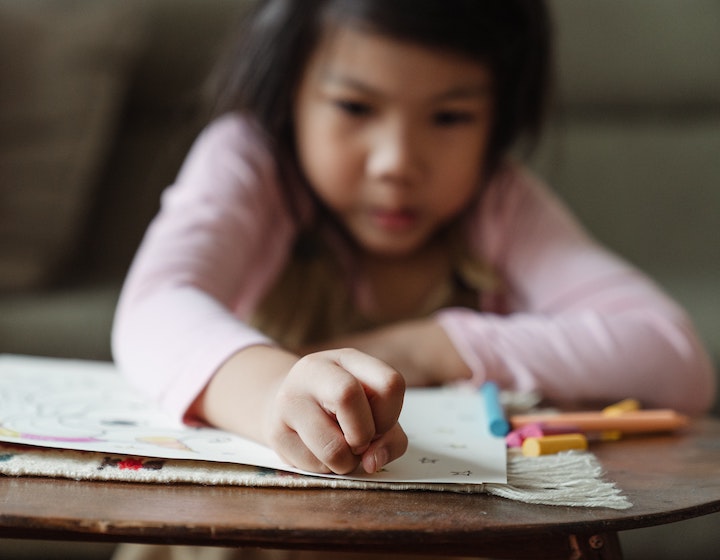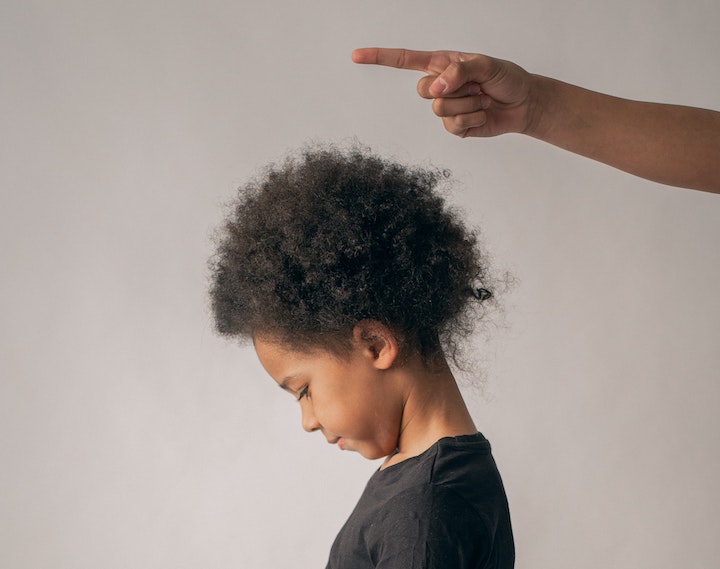
There are different forms of abuse to be aware of from physical abuse to emotional abuse. Make sure your child is protected by knowing the most common signs of child abuse – especially in younger kids who are nonverbal.
With more frequent stories in the news about children being mistreated, it’s important to be aware of the signs of abuse so you can intervene as soon as possible and get the child help. Sometimes it can be difficult to understand exactly what child abuse and neglect are. Child abuse can be a one-time occurrence but more often it is a pattern of behaviour involving regular physical attacks or acts of deprivation or molestation. Frequently, the longer child abuse goes on, the more serious the consequences.
The common definition of abuse is when someone causes us harm or distress. It can take many forms, ranging from disrespect to causing someone physical or mental pain. It can occur anywhere from in someone’s home to an educational institution or even a public place. As a parent, it’s important to be aware of some of the common signs of abuse in children so you can keep them safe. It’s also important to empower your kids with knowledge about their body and their right to say no, as well as nurturing an open communication with them so that if anything bad does happen they feel safe to speak to you, knowing you will believe them. In this article we’ll discuss some of the common signs of abuse to watch for and what you can do as a parent to protect your child from abuse occuring.
Signs of child abuse:
Some of the common signs of abuse include:
- Becoming withdrawn from friends and/or activities
- Seeming anxious
- Sleeping problems/nightmares
- Unexplained changes in behaviour or personality
- Changes in school performance
- Becoming uncharacteristically aggressive
- Poor bond or relationship
For parents who have young children, like infants/toddlers who cannot talk and express themself verbally it is even more important to provide them with necessary support and protection tools.

Common signs of abuse to watch for in kids 0-5 years
Physical abuse
This occurs when someone hits or otherwise hurts a child.
Signs of physical abuse in kids:
- The child shows unexplained bruises, abrasions, burns, broken bones, black eyes, cuts, bite marks or other injuries. Repeated injuries of any type can be a warning sign.
- Changes in their normal behaviour, like becoming very quiet and sad or very angry or they may seem afraid of their parents or other adults.
- Crying and putting up a fight when it’s time to go to daycare, appearing frightened around the caregiver or other adults.
Emotional abuse
This occurs when an adult treats a child in ways that make the child feel unwanted or like a bad person so much so that the child’s normal development, learning or behaviour suffers. This may include harshly criticizing or frequently blaming the child or making the child feel unwanted.
Signs of emotional abuse in kids:
- Becomes less talkative or not communicating at all, or displays signs of a speech disorder such as stuttering.
- Being delayed physically or emotionally, walking or talking later than expected or continuing to have regular temper tantrums. However since every child develops at a different rate, it can be difficult to determine whether a developmental delay stems from abuse.
- Ongoing complaints of headaches or stomach aches that have no medical cause.
Sexual abuse
This happens when someone performs a sexual act on a child or forces a child to perform one on them. This includes touching a child in private areas. For a full guide to teaching kids about inappropriate touch read this.
Signs of sexual abuse in kids:
- Having pain, itching, bleeding or bruises in or around the genital area.
- Suffering from urinary tract infections.
- Being reluctant to take off a sweater, even on a hot day, or insisting on wearing multiple undergarments.
- Children may regress to younger behaviours like soiling their pants or wetting the bed, have eating problems, or have problems at school.
Since sexually abused children show many of the same signs as physically abused children there can be little physical evidence of sexual abuse.
Read More: Teaching Kids Body Safety Rules to Prevent Sexual Abuse

If you suspect abuse what can you do?
Parents of young children (non-verbal):
If your child is too young to tell you verbally what may have occurred you can try to find out through play/role play or storybooks. Young children express themselves through play. You can learn a lot by letting them play with their toys and observing them. Stressed children often play fighting games with their toys (it’s a way to release their stress levels). You can make your observations and comment on the different ‘scenes’ they are creating, like: ‘That seems quite frightening’ or ‘What’s going on?’ This can encourage them to express some of their feelings/emotions through play about what’s bothering and stressing them. It may encourage them to show you further ‘scenes’.
Another option is to try role play. You can take on different roles to simulate certain scenes – it can be used to visualise and practise different ways of handling a situation and it also allows you and your child to take a ‘role’ or ‘persona’ to simulate a situation.
If playing or role plays are not an option – a simple storybook your child likes can sometimes also be of help in encouraging them by just listening to the story or watching the images to initiate a process and develop their emotions. Stories and fairy tales reflect our inner landscape and characters can represent aspects of our own personality. It’s important here for younger children that we as parents provide them with tools where they are able to ‘show’ rather than to tell.
For very young tots you may need to ask questions yourself – ask their childminder, preschool teachers or carer if anything has happened recently that may have upset your child. If you have any concerns about abuse it is important to report the issue (see helpful numbers below).
Parents of older children who are verbal:
If you suspect that something has happened to your child, such as abuse or bullying, don’t be afraid to ask them specific questions (this applies to an older age group of children who are already able to express themselves verbally).
Open the conversation
Start by asking your child if they have noticed any ‘red flags’ anywhere in their community or with anyone they are frequently around. You can also ask them if someone has ever made them feel uncomfortable or unsafe.
Listen
If your child begins to express concerns, listen carefully and ask open-ended questions such as ‘what happened next’ or ‘tell me more’ to keep the child talking. Make sure you don’t inadvertently cause your child to feel guilty by asking questions such as ‘Why didn’t you run away?’ or ‘Why didn’t you tell me sooner?’
If it seems your child does not want to talk about it, respect that and don’t push, however you may want to speak to them again or if you have concerns contact a counsellor.
Read More: How to Have HONEST Conversations with Your Kids
Report and support
If your child discloses abuse or victimization to you, report your concerns to one of the helplines listed below or by calling the National Anti-Violence Helpline at 1800-777-0000.
Remember:
We must never think it won’t happen to our child. Every child needs to be protected and educated with safety information in order to be able later to protect themself.
The key as a parent is to be available and to get over our own uncomfortable feelings about the topics we need to discuss. Topics to talk to your kids about are many and varied – from basic body part names for very young children to the safe use of social media for older tweens and teens.
It’s important to stay active, connected and involved in your child’s daily life to assess any risks they may be facing and to educate and empower them to protect themselves.
Sometimes as parents we get so busy that when our kids come to us, we may inadvertently make them feel they are unimportant and that we are too busy. Our goal should be to let them know we are always available to talk about anything. When kids know we are available, they are more likely to come to us with their questions and concerns, including questions about more sensitive topics. As a parent you should always ensure your conversations are developmentally and age appropriate for your child.
Encourage your child to be never ashamed to speak up for themself – that will strengthen and improve their confidence. By doing so you will be empowering them with knowledge that will better protect them from victimization.
Read More: Signs of Self-Harm in Kids
Resources to Report Abuse or Get Help:
- If you or your child are in need of support, reach out to a counsellor. For urgent support, the Samaritans of Singapore, is a 24-hour hotline (manned by trained volunteers) Tel: 1800-221 4444.
- If your child discloses abuse or victimization to you, report your concerns to the National Anti-Violence Helpline at 1800-777-0000.
-
You can also contact the Child Protective Service Helpline at 1800-777 0000 (Operating hours: Monday – Sunday, 7am – 12 midnight) or email [email protected]
- If the child’s life and safety is in imminent danger, please call the Police at 999 immediately.






 View All
View All




 View All
View All









 View All
View All




